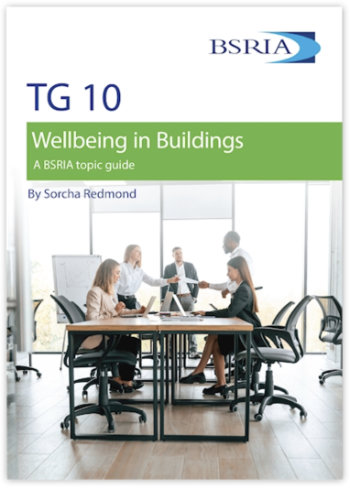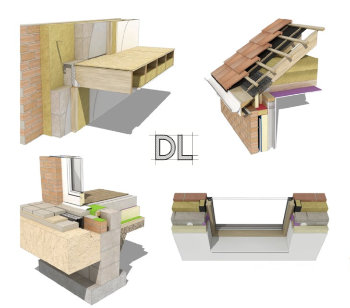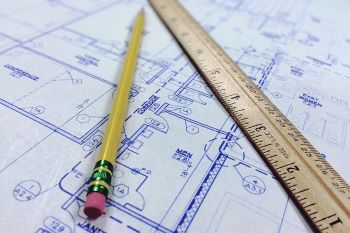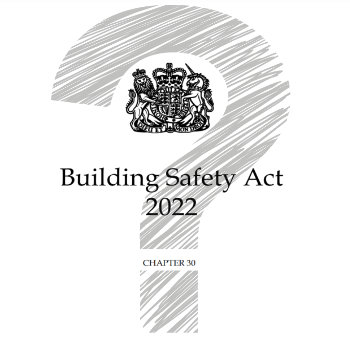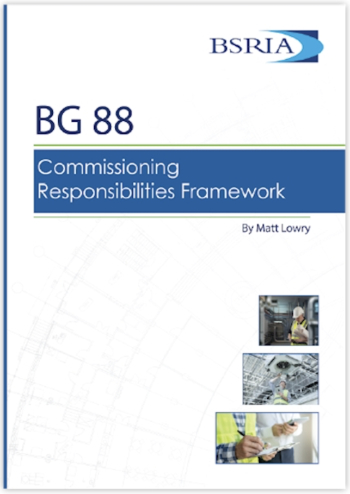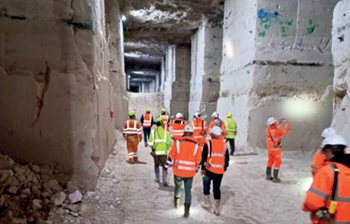Cost reporting
Cost reporting is a process used to inform a client (or other party) about the magnitude of a construction project’s predicted, or actual cost. This can be expressed either in absolute terms or as a variance compared to the project budget.
Cost reports are typically prepared by a cost consultant (such as a quantity surveyor) and updated regularly (perhaps monthly), to keep the client informed and to help them and the project team control costs.
Typically, cost reports will evolve through the life of the project, developing in detail and accuracy as more information becomes available about the nature of the design, and then actual prices are provided by specialist contractors, contractors and suppliers, and actual costs incurred.
A cost report will generally include all the costs incurred by the date of the report, where they are known, a forecast of the costs likely to be incurred during the rest of the project, in so far as these can be foreseen and estimated, and risk allowances for the possibility of unforeseeable costs. Contingencies to cover these risks are often expressed in terms of percentages. The percentages applied are at their greatest in the early stages of the project when there are the greatest number of possible risks, but they can then be reduced as better particulars about the project become available and some risks have passed or been overcome.
It is important to be clear what costs will be included in cost reports. For example, the client may have costs that, whilst they are directly related to the project, they would prefer to account for them themselves. This might include; land acquisition costs, specialist plant or equipment, furniture, construction contracts outside of the main contract and so on.
In the absence of a single, standard type of cost report format, or specific formatting requirements by the client, most cost consultants will develop their own format for cost reports.
[edit] Find out more
[edit] Related articles on Designing Buildings Wiki
Featured articles and news
Classroom electrician courses a 'waste of money'
Say experts from the Electrical Contractors’ Association.
Wellbeing in Buildings TG 10/2025
BSRIA topic guide updates.
With brief background and WELL v2™.
From studies, to books to a new project, with founder Emma Walshaw.
Types of drawings for building design
Still one of the most popular articles the A-Z of drawings.
Who, or What Does the Building Safety Act Apply To?
From compliance to competence in brief.
The remarkable story of a Highland architect.
Commissioning Responsibilities Framework BG 88/2025
BSRIA guidance on establishing clear roles and responsibilities for commissioning tasks.
An architectural movement to love or hate.
Don’t take British stone for granted
It won’t survive on supplying the heritage sector alone.
The Constructing Excellence Value Toolkit
Driving value-based decision making in construction.
Meet CIOB event in Northern Ireland
Inspiring the next generation of construction talent.
Reasons for using MVHR systems
6 reasons for a whole-house approach to ventilation.
Supplementary Planning Documents, a reminder
As used by the City of London to introduce a Retrofit first policy.
The what, how, why and when of deposit return schemes
Circular economy steps for plastic bottles and cans in England and Northern Ireland draws.
Join forces and share Building Safety knowledge in 2025
Why and how to contribute to the Building Safety Wiki.
Reporting on Payment Practices and Performance Regs
Approved amendment coming into effect 1 March 2025.








